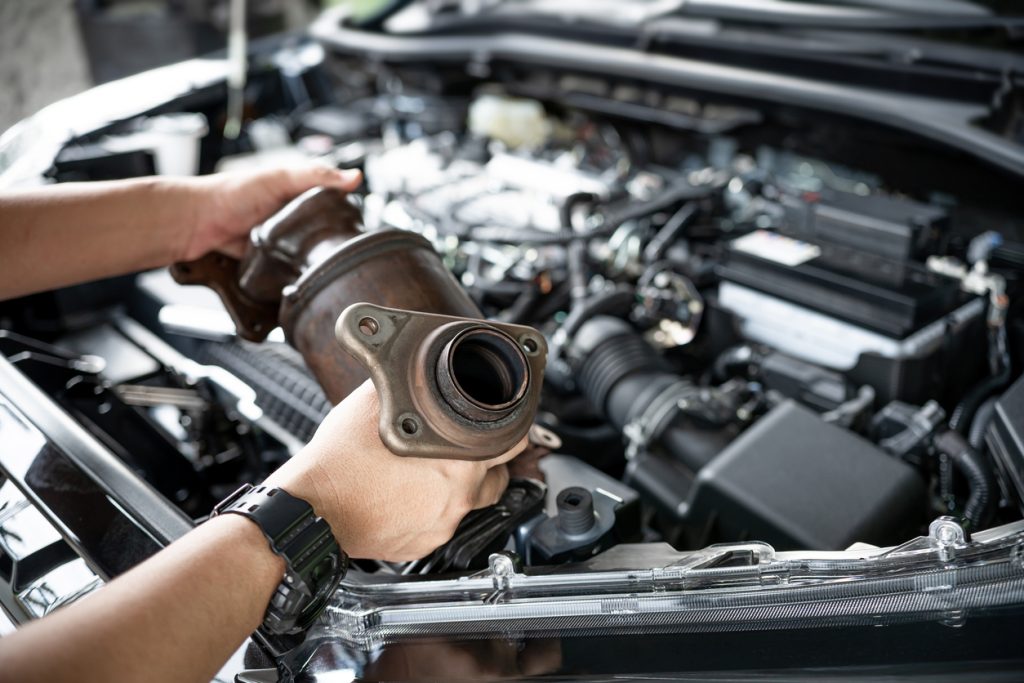Many car owners focus on engine oil and fuel but often overlook one crucial element that keeps their vehicle running smoothly — engine coolant. This liquid plays a vital role in maintaining your car’s temperature, preventing overheating, and ensuring long-term engine health. Understanding what engine coolant does and how to maintain it properly can save you from costly repairs and breakdowns.
1. What Is Engine Coolant?
Engine coolant, also known as antifreeze, is a liquid mixture (typically water and ethylene glycol) that circulates through your car’s cooling system. Its primary job is to absorb heat from the engine and release it through the radiator. In colder climates, coolant also prevents the engine from freezing.
2. Why Engine Coolant Matters
Without sufficient coolant, your engine can overheat within minutes — especially in Nigeria’s hot climate. Here’s why maintaining proper coolant levels is essential:
- Prevents Overheating: Coolant absorbs and dissipates excess heat from the engine.
- Prevents Freezing: During cold weather, it stops the engine from freezing internally.
- Protects Components: It prevents corrosion and rust in the radiator and engine parts.
- Improves Performance: A well-regulated engine temperature ensures smoother, more efficient driving.
3. How Often Should You Check Engine Coolant?
It’s recommended to check your coolant level every two weeks or before long trips. The coolant reservoir is usually a transparent container near the radiator, marked with “MIN” and “MAX” lines. Make sure the level stays between these marks when the engine is cool.
4. How to Refill or Top Up Your Coolant
Follow these simple steps to maintain proper coolant levels:
- Allow the engine to cool completely.
- Open the coolant reservoir cap slowly to release pressure.
- Top up with the correct coolant type (refer to your vehicle manual).
- Replace the cap tightly and check for leaks.
Never add plain water to your cooling system, as it can dilute the antifreeze and cause rust or engine damage over time.
5. Choosing the Right Type of Engine Coolant
There are different coolant formulations for various engines. The most common types include:
- Inorganic Acid Technology (IAT): Common in older vehicles, needs frequent replacement.
- Organic Acid Technology (OAT): Used in modern cars, lasts longer and resists corrosion.
- Hybrid Organic Acid Technology (HOAT): Combines both properties for balanced protection.
Always check your car manufacturer’s recommendations before buying coolant. Brands like Prestone, Castrol, and Valvoline offer reliable options for tropical climates like Nigeria’s.
6. Signs Your Coolant Needs Attention
Watch out for these warning signs that your coolant is low or contaminated:
- Engine temperature warning light on the dashboard
- Sweet or burnt smell from the engine bay
- Visible leaks under the car
- Frequent overheating even on short drives
If you notice any of these, it’s best to visit a qualified mechanic immediately to inspect your cooling system.
7. The Role of Coolant in Nigeria’s Climate
In hot regions like Lagos or Abuja, maintaining proper coolant levels is even more critical. High temperatures increase the risk of overheating, making coolant maintenance essential for both city driving and long-distance travel.
Conclusion
Regularly checking and maintaining your engine coolant helps prevent overheating, corrosion, and long-term damage to your car. Whether you drive daily in urban traffic or across Nigeria’s highways, this simple maintenance routine ensures your engine performs efficiently all year round. For safe, reliable road performance, never underestimate the power of good coolant care.







